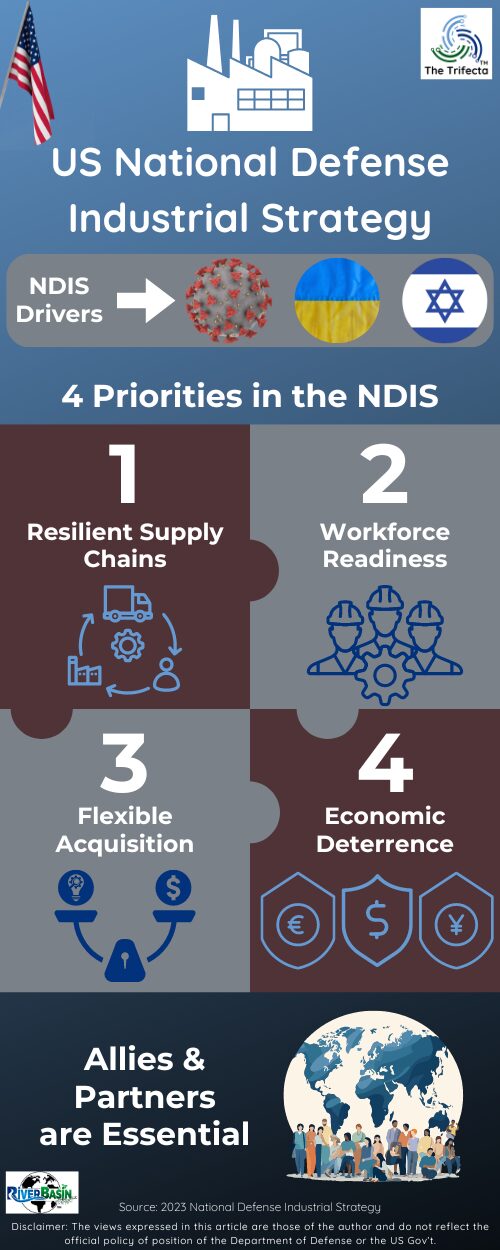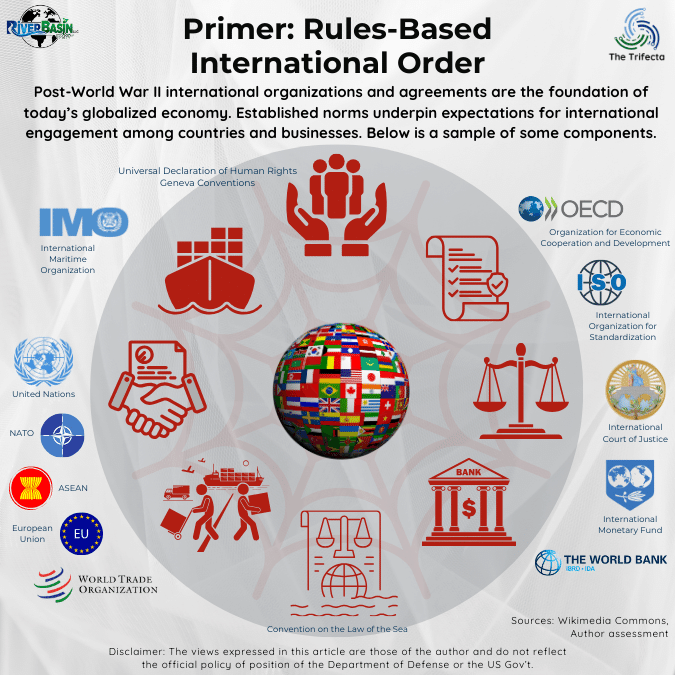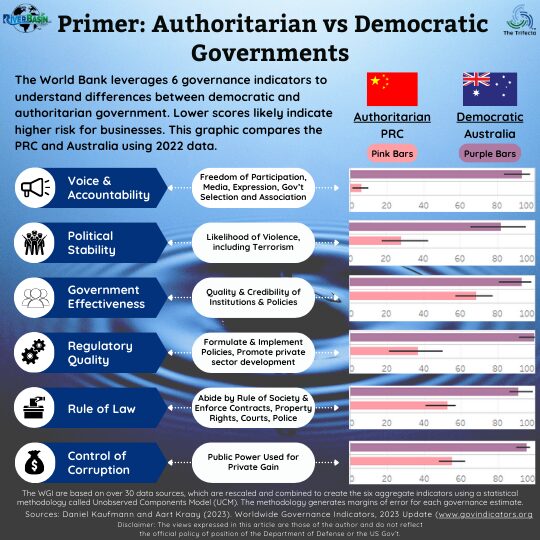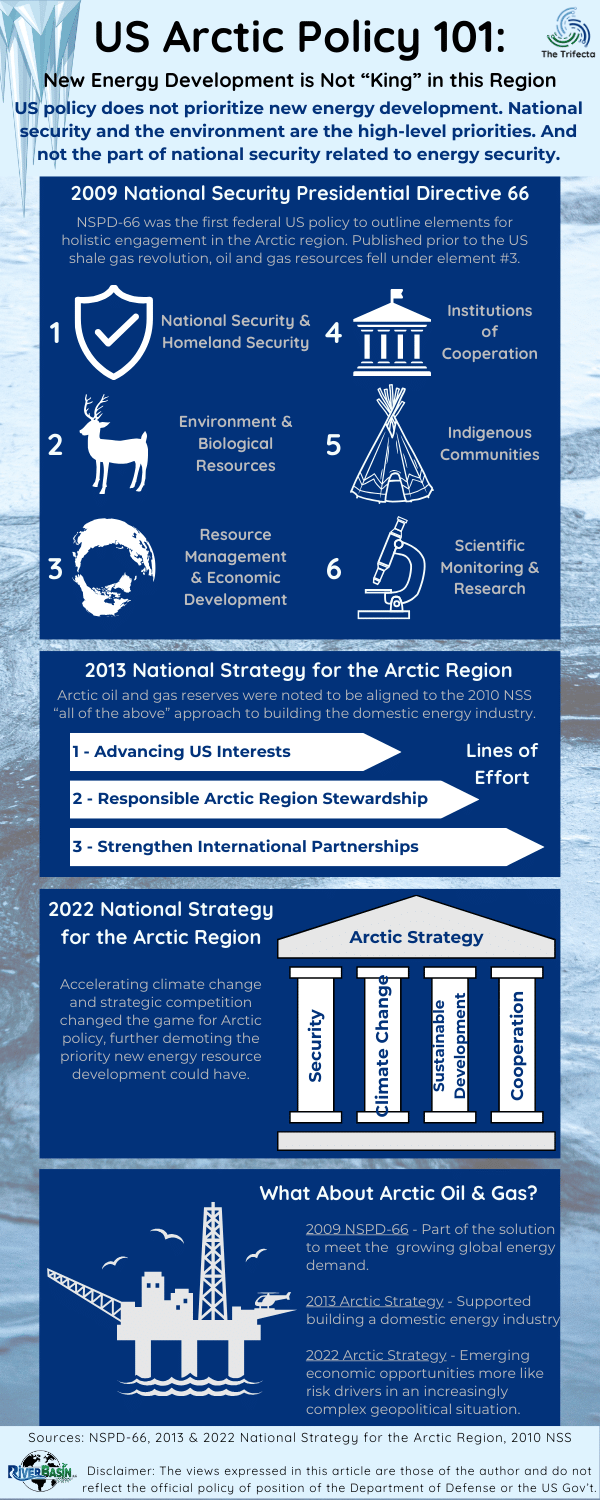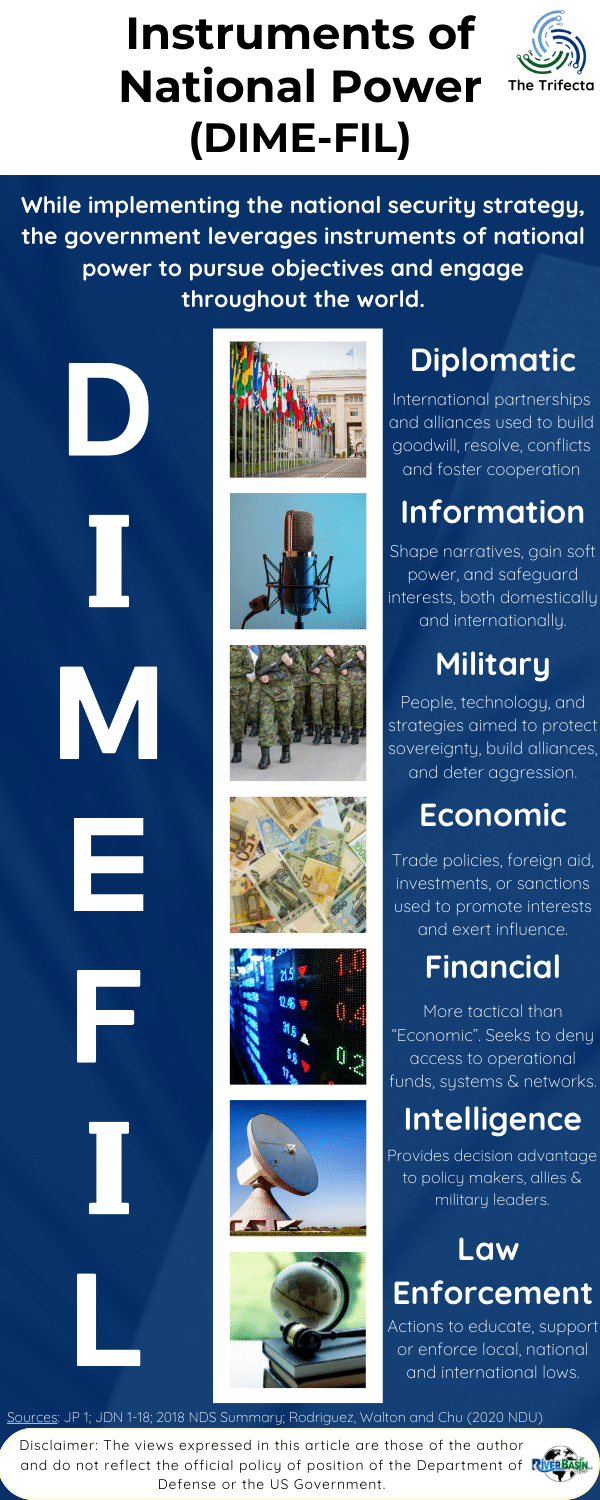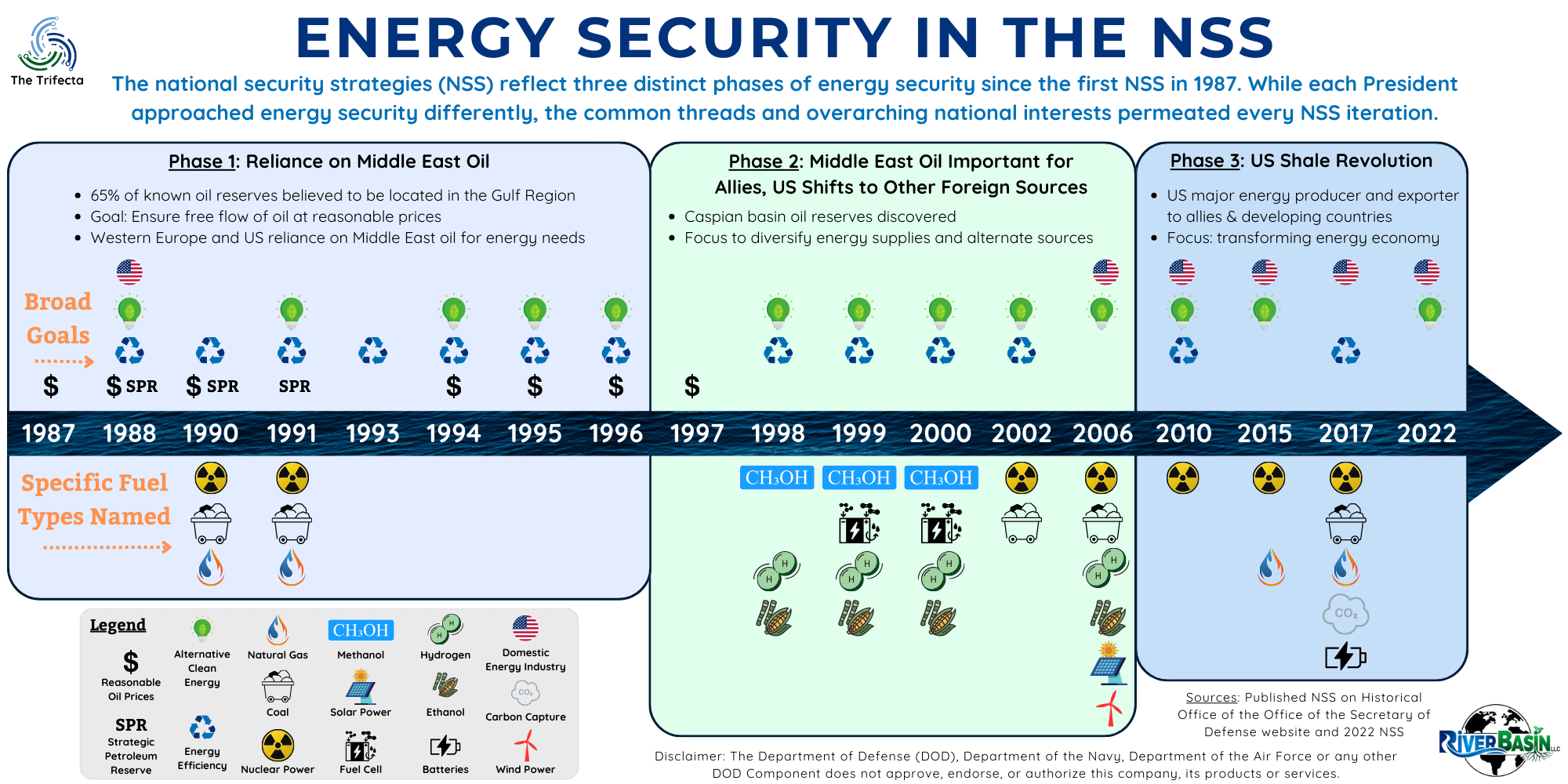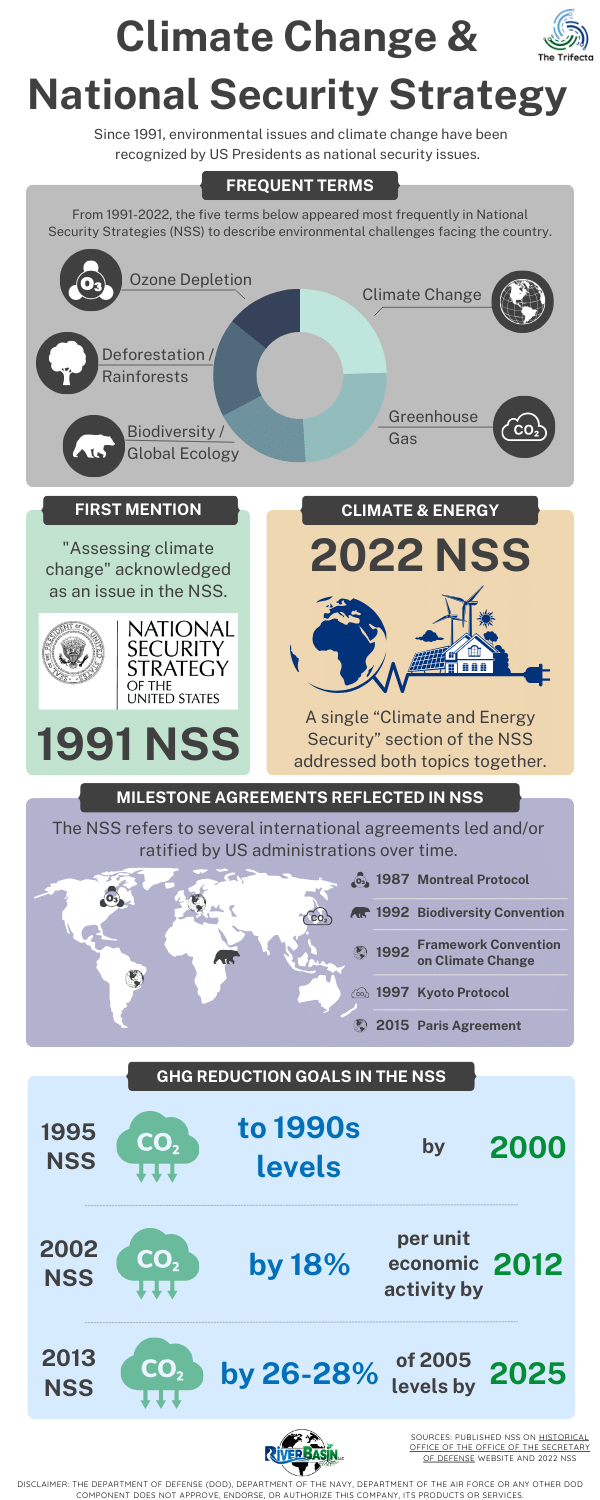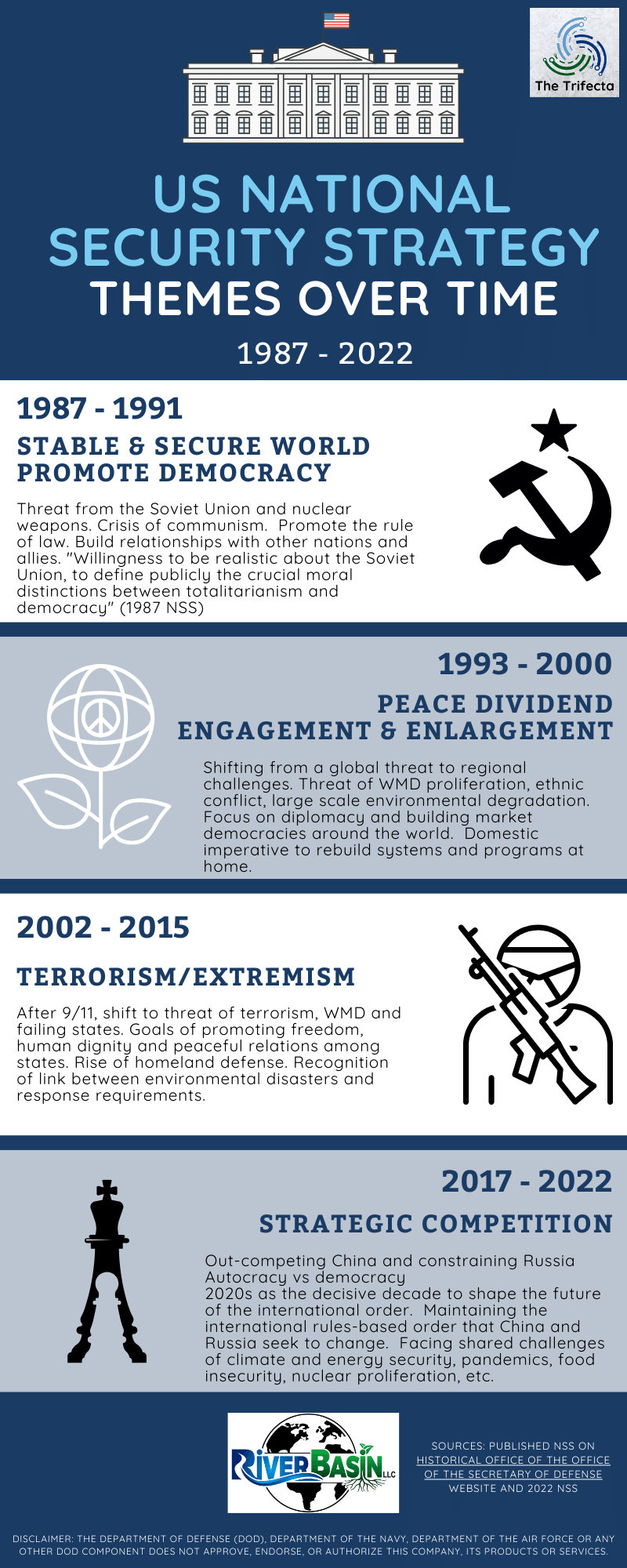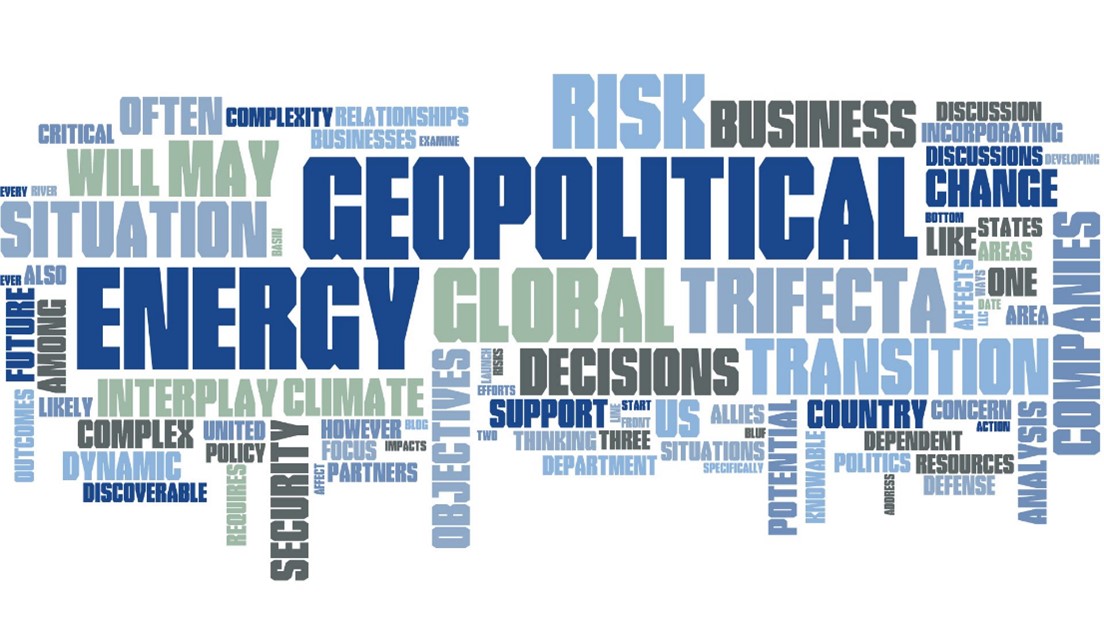BLUF The importance of the NDIS lies as much in its existence and articulation as it does the content and priorities outlined. By acknowledging the multidimensional problems and envisioning solution sets, the US government transparently signaled to industry, allies, and partners the essential nature of their collaboration. Why does…
Category: Primer
What is the Rules-Based International Order?
BLUF Post-World War II organizations and agreements among countries are the foundation of today’s globalized economy. Though the specific wording is sometimes debatable, the concept is difficult to dispute. This primer post will cover the topic at a high level only and not dive into the numerous nuances. Additional reading…
Authoritarian vs Democratic Governments
BLUF Current global geopolitics features authoritarian rulers with more power than ever before. Authoritarian rulers do not ascribe to the same set of “rules” that democratic leaders do, making them dangerous to those who expect certain standards of behavior. Why does this matter? Authoritarian rulers possess the ability to…
US Arctic Region Policy 101
BLUF Despite decades of Arctic region oil and gas development, current US policy about the Arctic region does not prioritize new energy exploration and development. National security and the environment are the high-level priorities. Climate change is wrapped tightly into the national security concerns. Why does this matter? Interests…
Instruments of National Power 101
BLUF While implementing the National Security Strategy, the government leverages instruments of national power to pursue objectives and engage throughout the world. Why does this matter? Whether or not energy companies realize it, they play an integral role in the US government’s ability to pursue the national vision outlined…
NSS 103: Three Phases of Energy Security since 1987
BLUF The national security strategies (NSS) reflect three distinct phases of energy security since the first NSS in 1987. While each President approached energy security differently, the common threads and overarching national interests permeated every NSS iteration. The NSS is a critical document that outlines the country’s approach to safeguarding…
NSS 102: Environment & National Security
BLUF Environmental issues have been part of national security thinking since at least 1987. The US national security strategy (NSS) recognizes climate change as a significant and multifaceted national security challenge. It acknowledges that climate change is not just an environmental issue but also a geopolitical, economic, and security concern.…
NSS 101: National Security Strategy Intro
BLUF The US National Security Strategy (NSS) is an important guidance document mandated by law and each Presidential administration publishes at least one. It is a multifaceted approach that seeks to protect the nation’s interests, values, and citizens through a combination of military strength, diplomacy, alliances, economic policies, and other…
Blog Launch: Geopolitical Risk and Energy Companies
Let’s start with the bottom-line up front (BLUF): Energy companies must incorporate geopolitical risk into operations and investments to increase resiliency and propagate the energy transition. The developing and complex global geopolitical situation affects energy companies in ways it never has before. These geopolitical risks are also likely to affect…
